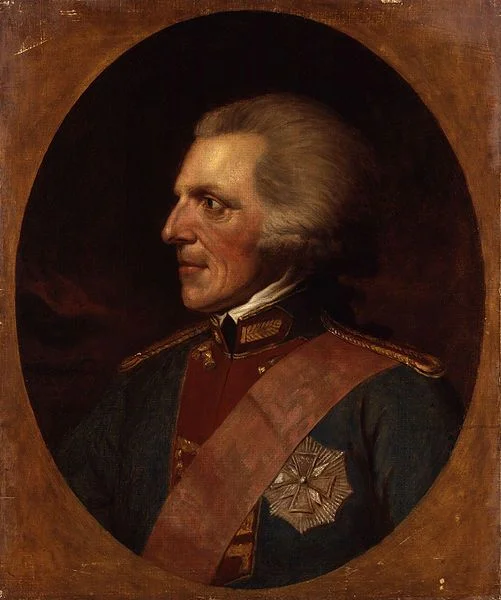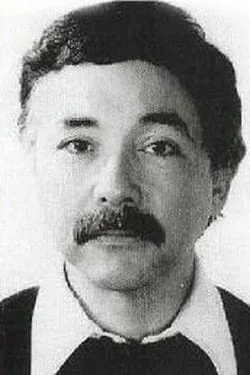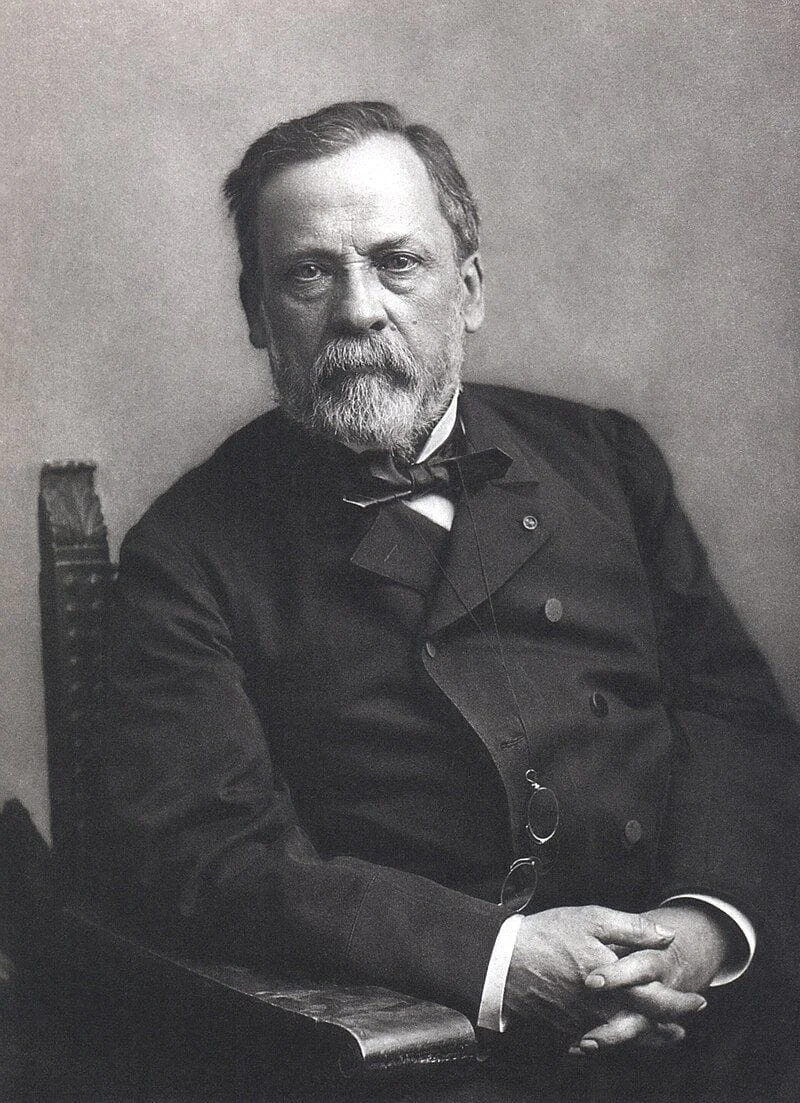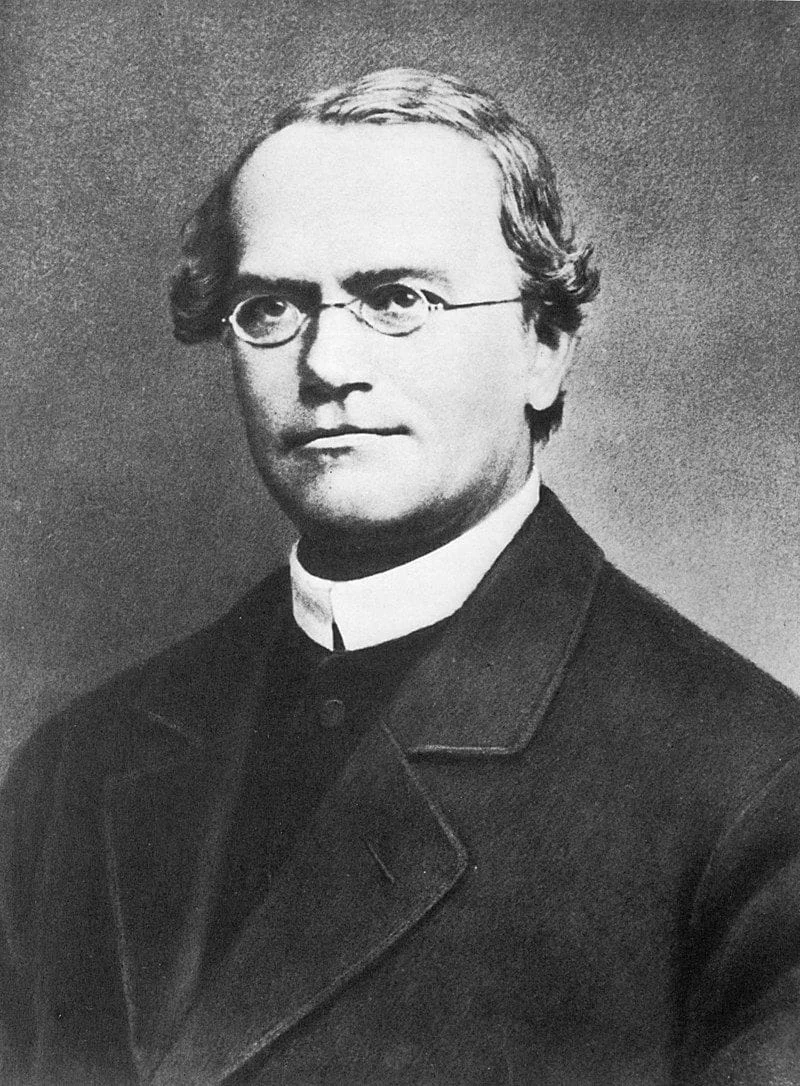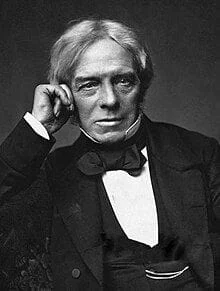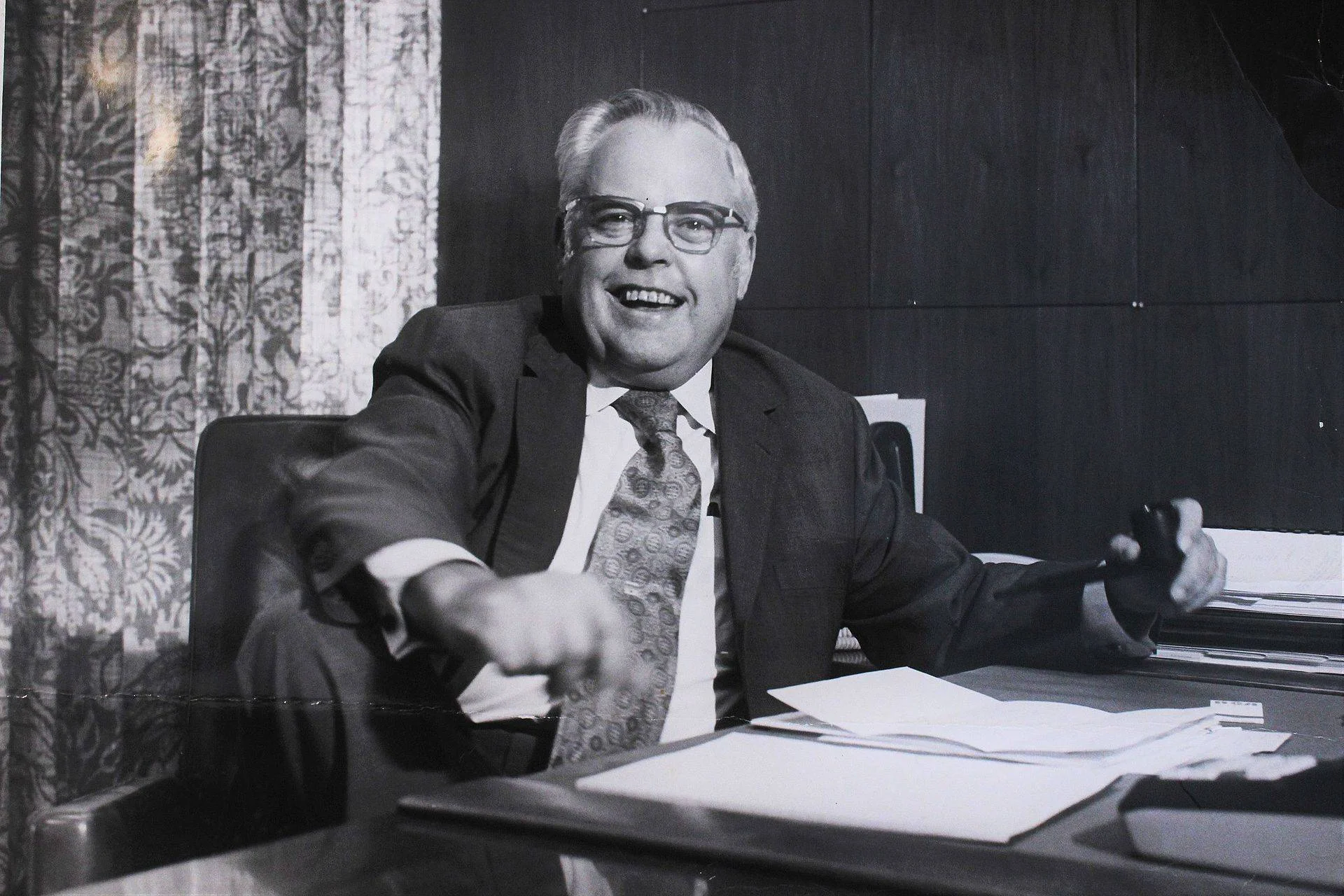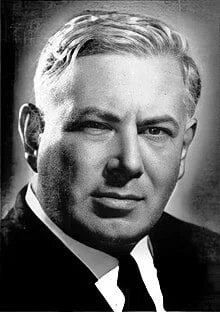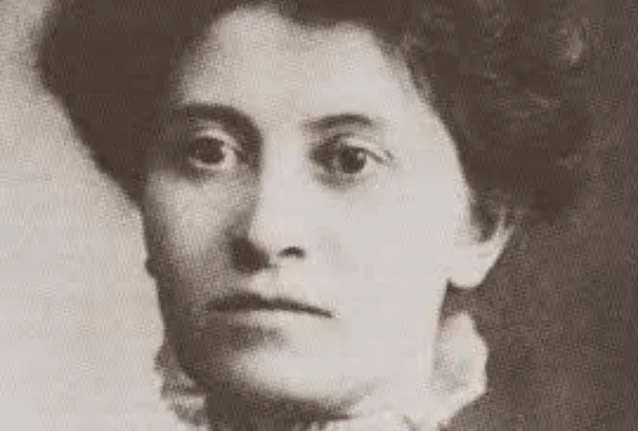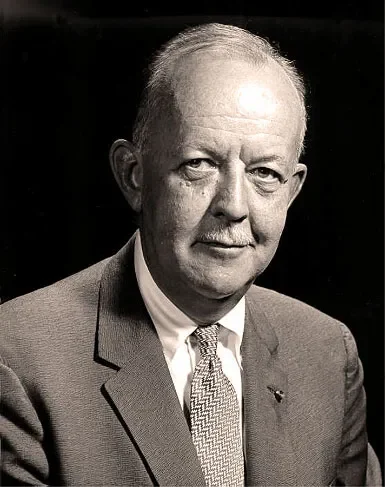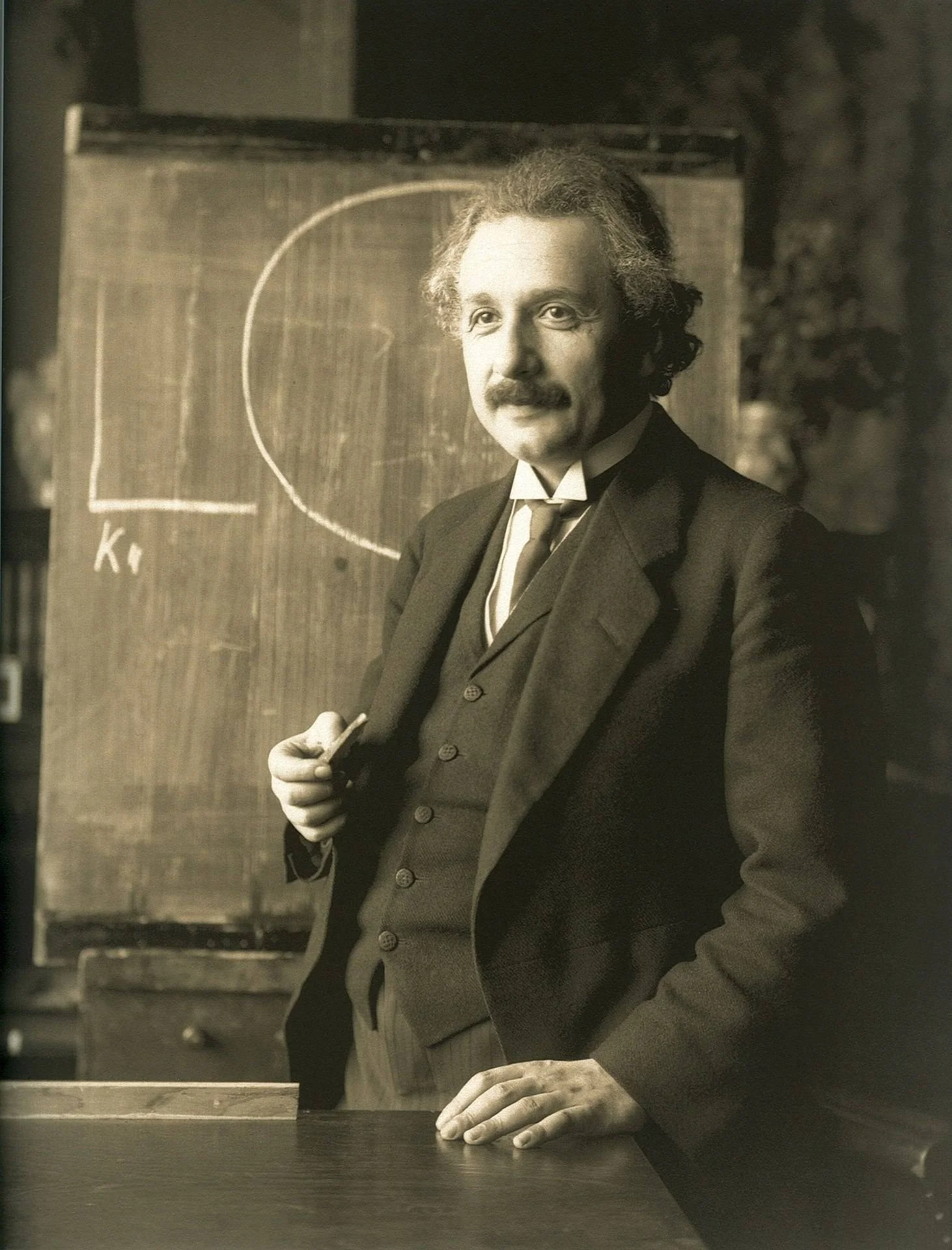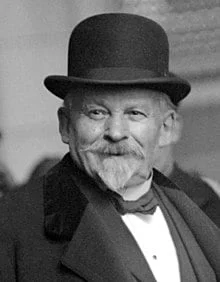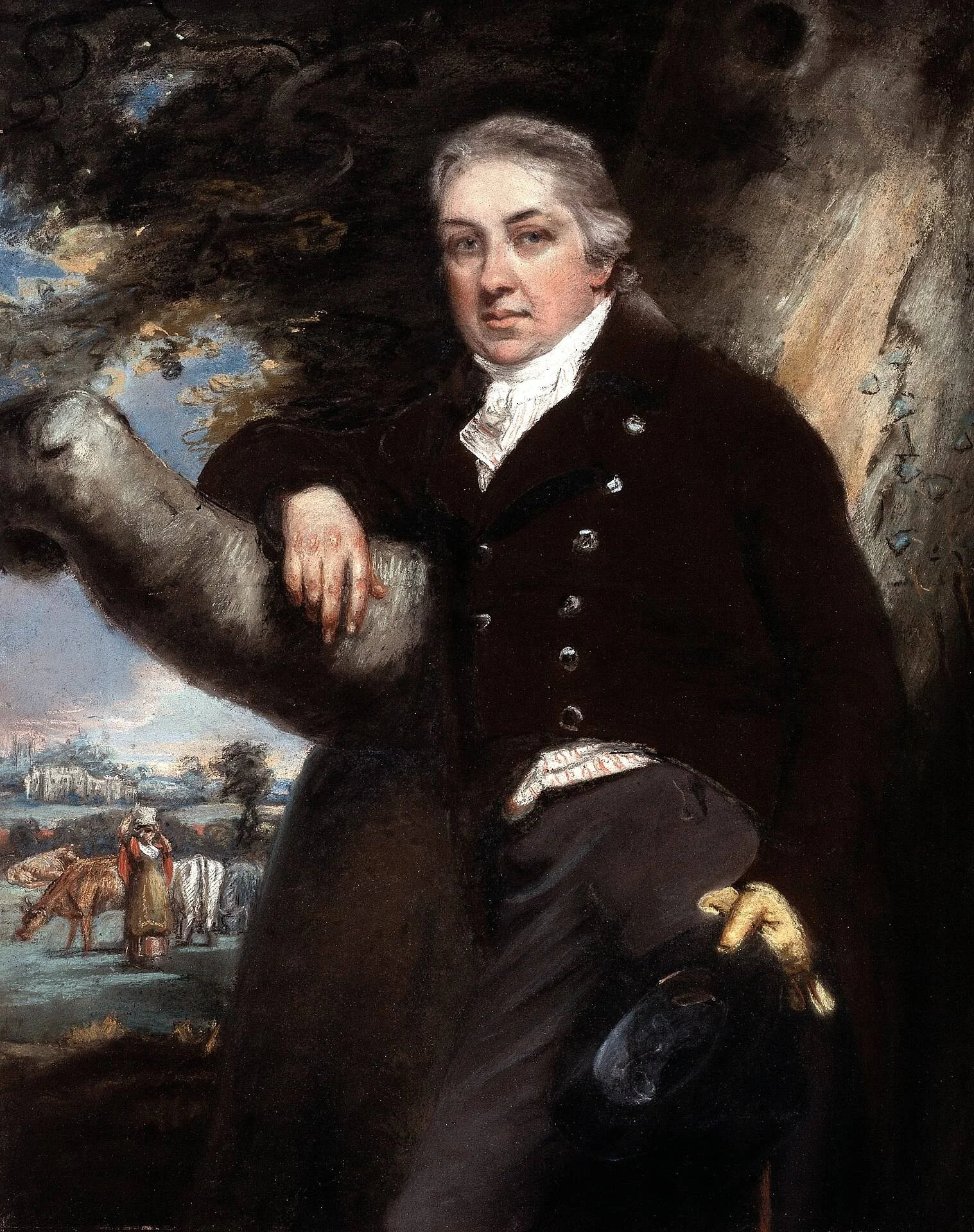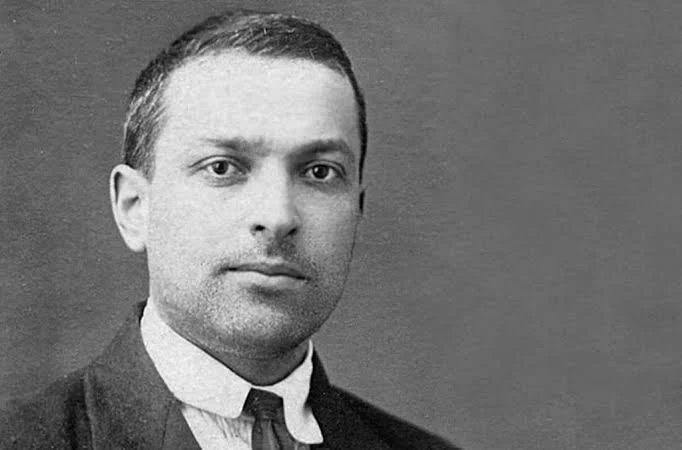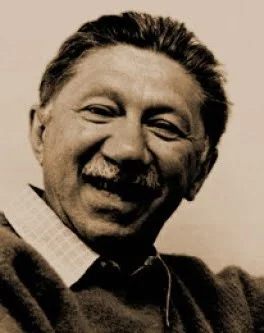Real Celebrities Never Die!
OR
Search For Past Celebrities Whose Birthday You Share
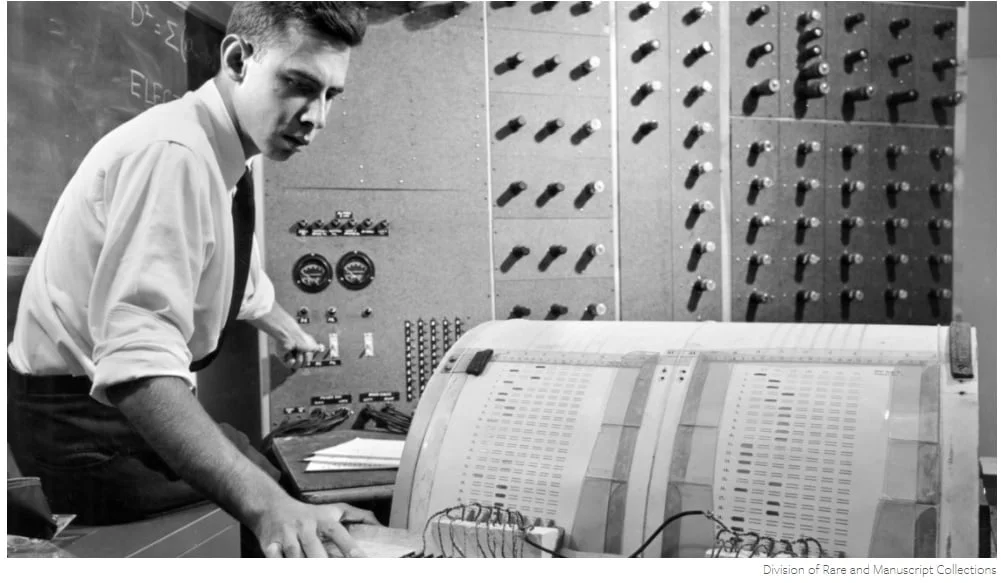
source:.americanbazaaronline.com/
Frank Rosenblatt
Birthday:
11 Jul, 1928
Date of Death:
11 Jul, 1971
Cause of death:
Boating accident
Nationality:
American
Famous As:
Psychologist
Age at the time of death:
43
Frank Rosenblatt's Quote's
Early Life and Background
Frank Rosenblatt, born on July 11, 1928, in New York City, was an American psychologist and computer scientist. He is best known for his pioneering work in artificial intelligence (AI) and neural networks. Rosenblatt’s early interest in psychology and the functioning of the human brain set the stage for his groundbreaking contributions to machine learning.
Introduction to Perceptrons
In the late 1950s, Rosenblatt began his research on perceptrons, an artificial neural network model. His goal was to develop a computational system inspired by how the human brain processes information. In 1957, he introduced Rosenblatt’s Perceptron Rule. This learning rule enabled the perceptron to adjust its weights based on input data, improving its ability to learn and recognize patterns.
The Mark I Perceptron
Rosenblatt’s most notable work occurred in 1958 when he constructed the Mark I Perceptron. This machine implemented the perceptron algorithm and was capable of basic pattern recognition tasks. The Mark I Perceptron consisted of a series of photocells connected to electronic circuits that simulated neurons. This achievement demonstrated the potential of neural networks to solve real-world problems. The Mark I Perceptron received considerable attention as a milestone in AI.
Rosenblatt’s Theoretical Contributions
In 1960, Frank Rosenblatt published Principles of Neurodynamics: Perceptrons and the Theory of Brain Mechanisms. This book provided a comprehensive framework for understanding perceptrons, including their learning capabilities and limitations. Rosenblatt delved into various topics, such as pattern recognition and the general behavior of perceptrons. His work was groundbreaking for its time, laying the theoretical foundation for future AI research.
The Decline of Perceptrons and AI Winter
Despite the initial excitement surrounding perceptrons, the enthusiasm was short-lived. In 1969, Marvin Minsky and Seymour Papert published Perceptrons, which highlighted significant limitations of single-layer perceptrons. Their research revealed that perceptrons couldn’t solve complex problems, such as learning certain patterns. This critique led to a decline in interest in neural networks and marked the beginning of the “AI winter,” a period during which AI research stagnated.
Rosenblatt’s Resilience and Continued Research
Despite the criticism, Frank Rosenblatt continued his work. He explored multilayer neural networks, believing they could overcome the limitations of single-layer perceptrons. Although he passed away on July 11, 1971, in a tragic boating accident at the age of 43, his resilience paved the way for future research. Rosenblatt never saw the resurgence of interest in neural networks, but his efforts planted the seeds for breakthroughs in AI.
The Rediscovery of Neural Networks
Rosenblatt’s work was later recognized when researchers in the 1980s discovered the backpropagation algorithm. This algorithm allowed for the efficient training of multilayer neural networks. Backpropagation ignited renewed interest in neural networks, leading to the deep learning revolution that continues to shape modern AI research.
Rosenblatt’s Lasting Legacy
Frank Rosenblatt’s contributions to neural networks were crucial in advancing artificial intelligence. Though initially met with skepticism, his work on perceptrons laid the groundwork for future developments in AI and machine learning. His vision of neural networks inspired the algorithms used in modern AI applications. Today, his research continues to influence the AI community and has an immeasurable impact on intelligent systems.
Conclusion
Frank Rosenblatt was a visionary whose work laid the foundation for much of what we see in AI today. His development of the perceptron, along with his insights into neural networks, continues to inspire researchers. While Rosenblatt may not have witnessed the success of his ideas in his lifetime, his legacy as a pioneer in AI endures. His impact on the field of artificial intelligence and neural networks is profound and ongoing.
Name:
Frank Rosenblatt
Popular Name:
Frank Rosenblatt
Gender:
Male
Cause of Death:
Boating accident
Spouse:
Place of Birth:
New Rochelle, New York, U.S.
Place of Death:
Chesapeake Bay
Occupation / Profession:
Personality Type
Virtuoso: Bold and practical experimenters, masters of all kinds of tools. He thought about artificial intelligence and worked on the same even when people said that it was not possible.
Frank Rosenblatt is credited with developing the Perceptron in 1957, which was the first machine learning algorithm designed to mimic the human brain's neural networks
He is sometimes referred to as the "father of deep learning" due to his pioneering work on artificial neural networks
Rosenblatt authored the influential book "Principles of Neurodynamics: Perceptrons and the Theory of Brain Mechanisms" in 1962, which explored the concept of self-organizing systems
The foundations for all of this artificial intelligence were from his inventions.
Rosenblatt created the first self learning system,



